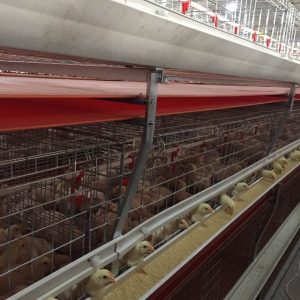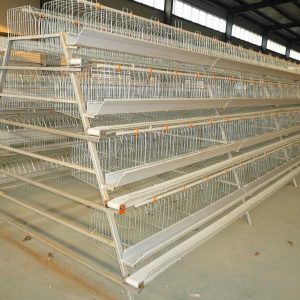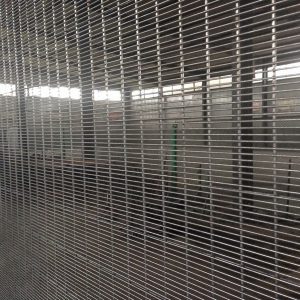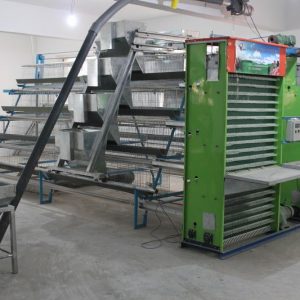
Small adjustment of feed ratio of laying hens in summer
1. Increase the nutrient concentration of feed appropriately
Production practice proves that adding 1.5% cooked soybean oil to the feed during the high temperature in summer can significantly increase the egg production rate. At this time, the amount of cereal feed such as corn should be appropriately reduced, generally 50% to 55%, and the nutrient concentration of the feed should be appropriately increased.
2. Increase protein feed supply as appropriate
In summer, when the weather is hot, the feed intake of chickens is reduced. Only by appropriately increasing the protein level in the feed and ensuring the balance of amino acids can the protein requirements of laying hens be met. The protein content of laying hen feed in this season should be increased by 1 to 2 percentage points compared with other seasons, reaching more than 18%. It is necessary to increase the amount of soybean meal, cottonseed cake and other cake meal feeds in the compound feed, and the amount is not less than 20% to 25%. The amount of fish meal and other animal protein feeds should be appropriately reduced to increase palatability and increase feed intake.
3. Use feed additives carefully
In order to avoid high temperature and other factors causing the stress reaction of laying hens and the decrease of egg production performance, it is necessary to add some additives with anti-stress effects to feed or drinking water. For example, adding Baiduqing and 0.1% to 0.4% of vitamin C in drinking water can significantly relieve heat stress. According to information, adding healthy sources of probiotics to the diet can maintain the balance of intestinal flora, promote nutrient absorption, improve feed conversion rate, and also have anti-stress effects. Adding 0.1% fumaric acid to feed or drinking water can effectively relieve heat stress, increase chicken feed intake and increase egg production rate. Adding 0.3% sodium bicarbonate to the feed (method is to dissolve it in clear water first and then mix, feeding after 10 to 15 minutes), it has obvious effect on improving the heat resistance and egg production rate of laying hens, and at the same time it can greatly Reduce egg breakage rate. But we must pay attention to adding doses, in case it is counterproductive.
4. Reasonable use of mineral feed
Appropriately increasing the phosphorus content in the diet during the hot season can alleviate heat stress. At the same time, the calcium content in the laying hen diet can be increased to 3.8% to 4%, maintaining a 4: 1 calcium phosphorus ratio. Too much calcium in compound feed will affect palatability. In order to increase the amount of calcium eaten without affecting the palatability of laying hen feed, in addition to increasing the amount of calcium in the feed, it can also be added separately to allow chickens to eat freely to meet Its physiological needs.
5. Pay attention to adding seasoning feed
When the summer temperature is high, adding a certain amount of seasoning feed to the feed can greatly improve the feed intake. Therefore, in order to increase the appetite of laying hens, on the premise of ensuring the quality of feed, safe and effective flavoring agents such as hexadecanoin, p-aminobenzoic acid, sodium glutamate, etc., should be selected to increase feed intake.
6. Properly increase the number of feeding
In summer, the temperature is lower in the morning and evening. At this time, the feed intake of the layer is correspondingly large. It can be fed once in the morning and before the light is turned off at night to ensure that the layer is fed with enough feed.
In addition, some Chinese herbal medicines can also be used to alleviate or treat heat stress, such as Xiaoshusan made from a mixture of Agastache, Honeysuckle, Radix Isatidis, Atractylodes, Gentiana, etc., added to the feed at a 1% ratio. The prescription has the effects of clearing away heat and relieving heat, detoxifying and dehumidifying, without side effects.



